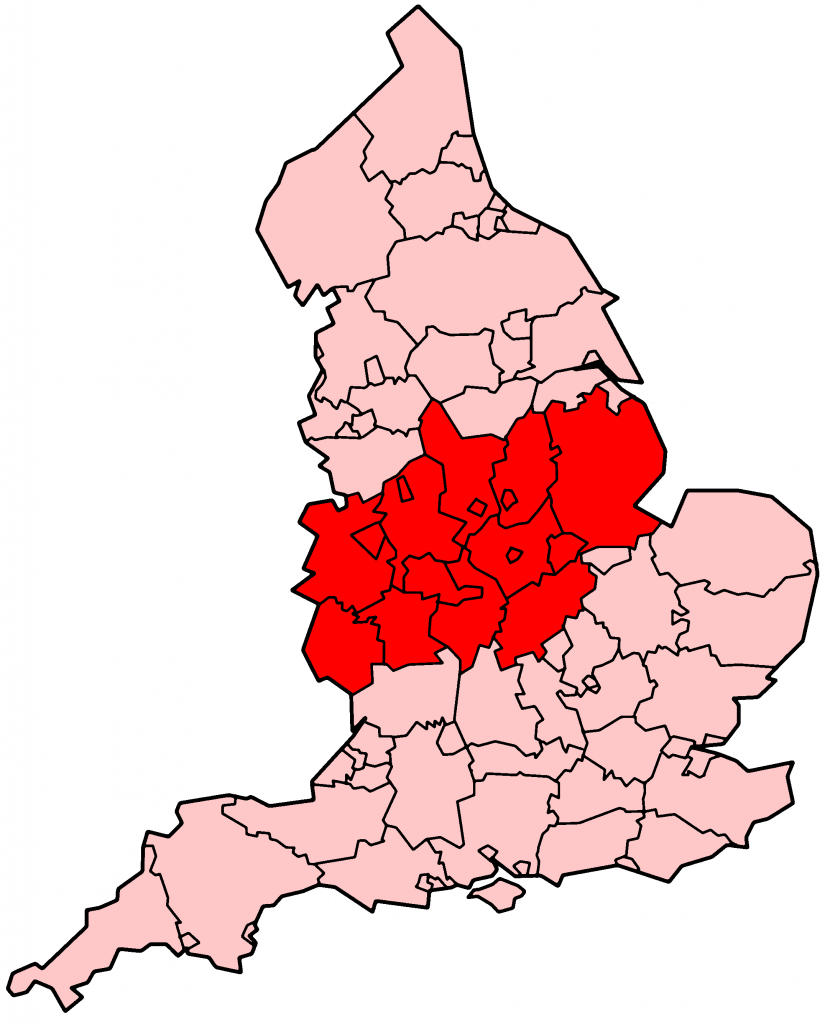For the last decade or so I’ve been rattling on about Nottingham’s literary heritage in the hope that people might just start to take us seriously and realise that there’s more to us than women galore, Brian Clough and that fella in green tights. We’re now a UNESCO City of Literature, we have our own literary graphic novel in Dawn of the Unread, our own literature radio show, the National Video Game Arcade is here with a wonderful poet in residence called Abigail Parry (who I’ve interviewed for the July issue of LeftLion) a subscription library called Bromley House that turned 200 on 2nd April, some arty farty stuff at the tempreh, and a population of 320,000 people who all thank the bus driver when they get off. And if that’s not enough to entice you up (or down), we’ve got the UK’s first Pot Noodle vending machine that can be found midway up Mansfield Road…
Robert Shore shares my passion for the provinces, but he’s less parochial and embraces the whole of the Midlands. He recently published a book called Bang in the Middle which explores how UK culture has come to be defined by two polar opposites: the beautiful south and the grim norf. The Midlands, he argues, is the squeezed middle. Forgotten. Left to rot. He then visits various places and puts forth a convincing argument that we’re actually responsible for quite a lot.
For whatever reason, I have no affinity at all with my Midlands neighbours. It’s not an overarching identity as it might be for those at the top or bottom. Yes, I’m glad Leicester won the Premiership and of course there are parallels with Forest. I don’t really identify with Leicester just as I don’t identify with Birmingham. Perhaps this is part of the Midlands identity? We just get on with it.
I first worked with Robert when he produced In Praise of the Midlands for The Essay on Radio 3. I put forward the case for Alan Sillitoe (see video at top of the page) and was joined by Geoff Dyer (D.H Lawrence); Henry Hitchings (Erasmus Darwin); Dominic Dromgoole (Shakespeare) and Katherine Jakeways (Adrian Mole). Now he’s switched sides and has produced a series for BBC Radio 4 called England: Made in the Middle. It does pretty much the same thing but this time it’s five 15 minute episodes presented by Historian Helen Castor.
The interviews were done in Bromley House library in front of the Alan Sillitoe bookcase. I was joined by Al Needham. You can’t talk about Notts without having Al along. It’s against the law. The recordings were done by Made in Manchester. In the series I have a natter about Eastwood’s mardiest beardo in episode 3 and Alan Sillitoe’s charismatic anti-hero Arthur Seaton in episode 4. I haven’t listened to them yet because it makes me cringe to hear my voice on the radio. But I’ve had some encouraging tweets. Now I’m waiting for the inevitable Notts response: Think yer summat? You don’t know nowt.
RELATED READING
- Robert Shore discusses the Midlands on audioboom
- Why the Midlands is the best place in Britain in the Guardian
- Author makes Midlands centre of attention in Birmingham post
- Aah ter talk Notts. Al Needham in LeftLion
- Made in the Middle on the BBC
- England’s Midlands takes centre stage on Made in Manchester website


